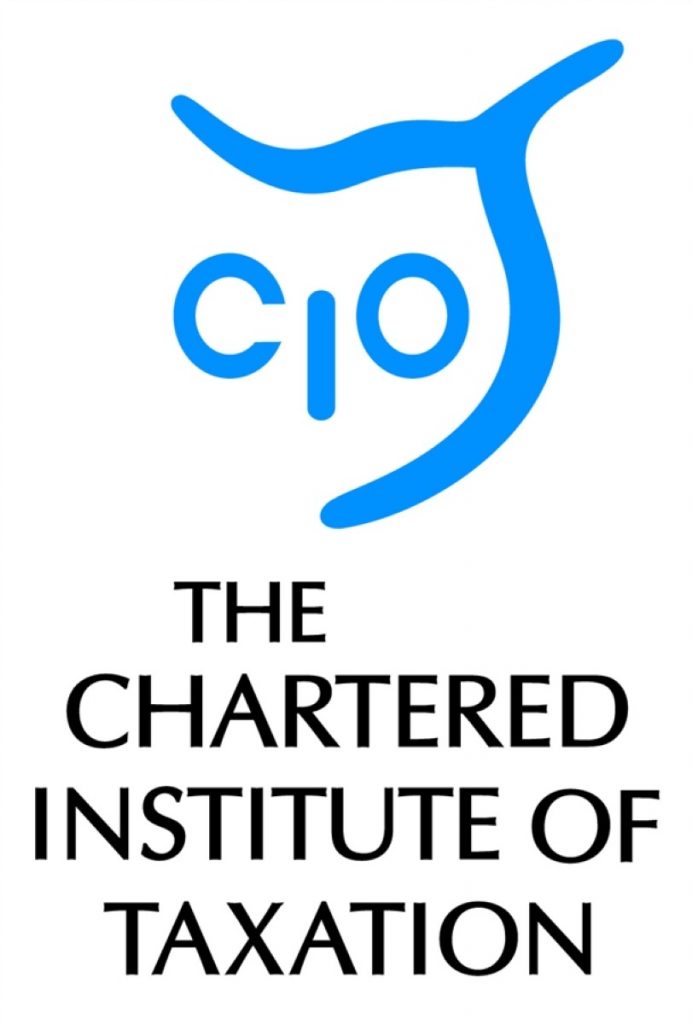CIOT: Call for delay in compulsory online filing
The Chartered Institute of Taxation (CIOT) is calling on the Government to amend its plans to introduce from 1 April 2011 the compulsory use of a new computer language for the submission of company accounts to HM Revenue and Customs (HMRC).
The CIOT and the other five main professional tax and accountancy bodies have written to the Exchequer Secretary to ask the Government to reconsider the timing of the plans.
Anthony Thomas, CIOT Deputy President, says:
“With only two months until the planned mandatory implementation of iXBRL online filing, our members and other businesses are facing implementation problems. Two substantial providers of accounts preparation software have failed to deliver their iXBRL-enabled software products.
“While enthusiastic about online filing and even happy with filing in iXBRL for the tax computations, business is not ready for filing statutory accounts in iXBRL at this stage. If HMRC proceed, small to medium sized businesses and their agents will be hit the hardest. This runs the risk of diverting precious management time away from customers and growth towards red-tape and compliance and is not acceptable.”
HMRC took the decision to make iXBRL mandatory at a time when no software was available. While some software companies have successfully embraced the change, their customers are still faced with dealing with new software and are being required to carry out additional work to meet the iXBRL requirements.
HMRC have indicated for more than one year that if software was not ready and working they would seek to amend the mandation.
Anthony Thomas says: “We are at that stage now and amendment to the plans should take place by allowing submission of statutory accounts in PDF format after 1 April 2011 until the situation becomes significantly clearer.”
The letter to the Exchequer Secretary can be read at:
Notes for editors
1. Background to iXBRL issue
iXBRL – inline eXtensible Business Reporting Language is the computer language in which most Corporation Tax returns are due to be submitted from 1 April 2011.
Putting aside our reservations in mandating the use of software which had not been designed, let alone developed, launched and tested, the professional bodies agreed to work with HMRC to encourage the software market to develop and produce software in good time for mandation.
HMRC assured us that software would be available from the major suppliers by Autumn 2010. Given a busy period in the industry over November to January and with less than six months for users to implement software, train staff and test their new processes, mandation by 1 April 2011 was always going to be an extremely tight target.
New software can take months to install, train staff, implement and agree with clients new methods of working – none of which can be done until the new software has been tested.
The submission of CT computations is proceeding well with over 60% submitted online in December 2010. We continue to support that process. There are however problems with the statutory accounts side.
Companies and agents planning to use other software solutions for preparing iXBRL-compliant accounts are also facing difficulties:
Practitioners using another leading accounts preparation package already released are finding that ‘automatic iXBRL tagging’ extends to only a proportion (typically up to 80%) of the items on HMRC’s minimum tagging list, leaving the remainder to be tagged manually. Manual tagging is a time-consuming and costly process requiring staff with tax and iXBRL skills estimated at an additional £200 to £500 per small company.
In some cases expensive replacement of hardware has been necessary in order to support the new software – and agents are not aware if this until they have tested the software.
We believe that allowing the filing of PDF accounts for an interim period, plus the suggested soft landing on penalties, followed by a period when accounts are accepted which meet the minimum validation tests on the Government Gateway, would provide a better result for all parties.
2. The Chartered Institute of Taxation (CIOT) is a charity and the leading professional body in the United Kingdom concerned solely with taxation. The CIOT’s primary purpose is to promote education and study of the administration and practice of taxation. One of the key aims is to achieve a better, more efficient, tax system for all affected by it – taxpayers, advisers and the authorities.
The CIOT’s comments and recommendations on tax issues are made solely in order to achieve its primary purpose: it is politically neutral in its work. The CIOT will seek to draw on its members’ experience in private practice, government, commerce and industry and academia to argue and explain how public policy objectives (to the extent that these are clearly stated or can be discerned) can most effectively be achieved.
The CIOT’s 15,000 members have the practising title of ‘Chartered Tax Adviser’ and the designatory letters ‘CTA’.
– ENDS –
George Crozier
External Relations Manager
D: +44 (0)20 7340 0569
M: +44 (0)7740 477374
The Chartered Institute of Taxation
Registered charity number 1037771
www.tax.org.uk
The Association of Taxation Technicians
Registered charity number 803480
Registered company number 2418331
VAT Registration Number 497 5390 90
www.att.org.uk
1st Floor, Artillery House, 11-19 Artillery Row, London SW1P 1RT





-01.png)